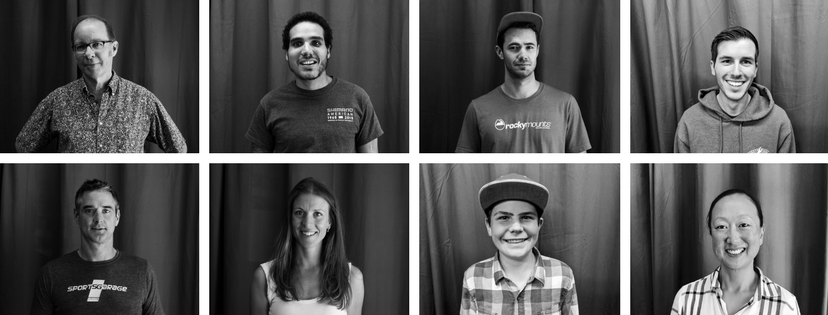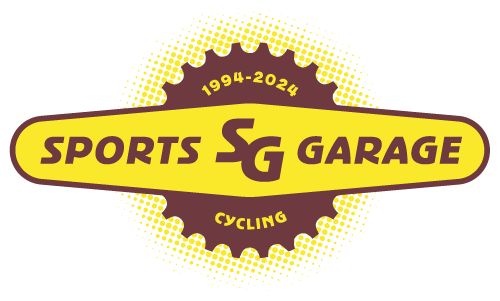
Partnerships and relationships.
Focus.

Service.
Expertise.
With a focus on a certain product line or aspect of the business, the IBD earns another credential the Internet can’t claim: expertise. Remember Malcolm Gladwell’s Tipping Point? According to the book, it takes 10,000 hours to become an expert at something. That’s a lot of time – hours that can’t be logged if the caseload is too spread out. At Sports Garage, we are committed to creating a team of experts, something made possible by our shop’s commitment to off-road cycling. Our technicians are working on the same kind of high-end technology over and over and over again. Keeping suspension work in-house means continuity of care and greater service value. For the technicians, it’s hours toward expertise. And, for the consumer, it’s one more reason to choose the expert clinician over an online diagnosis.

Prove your value.
